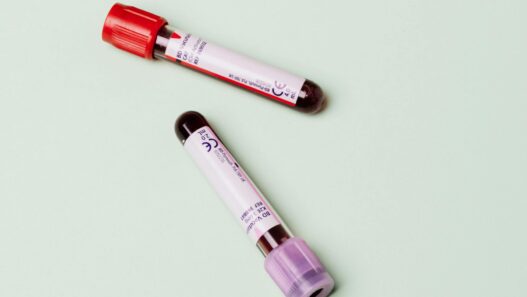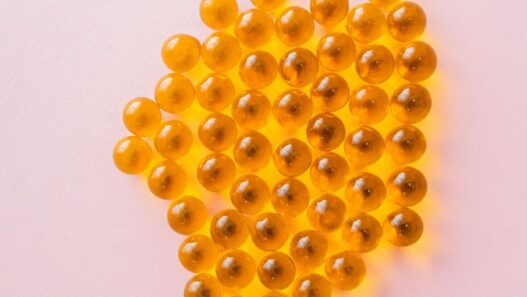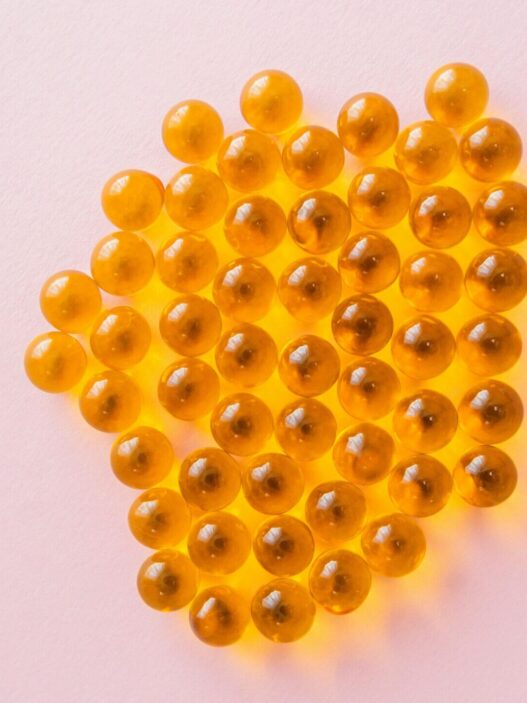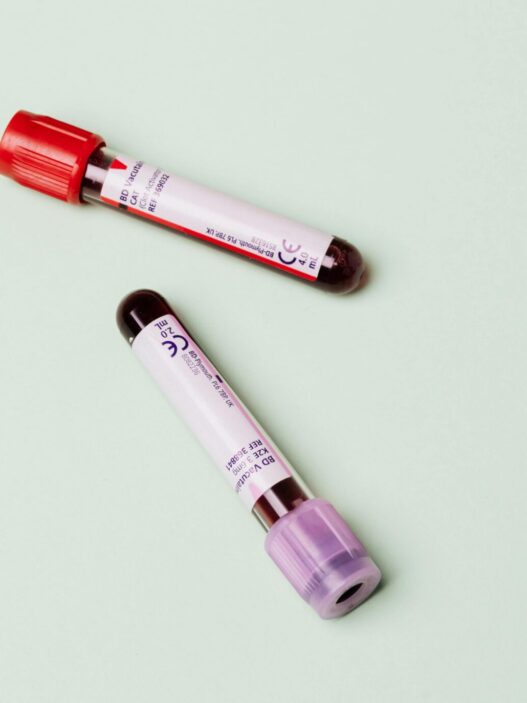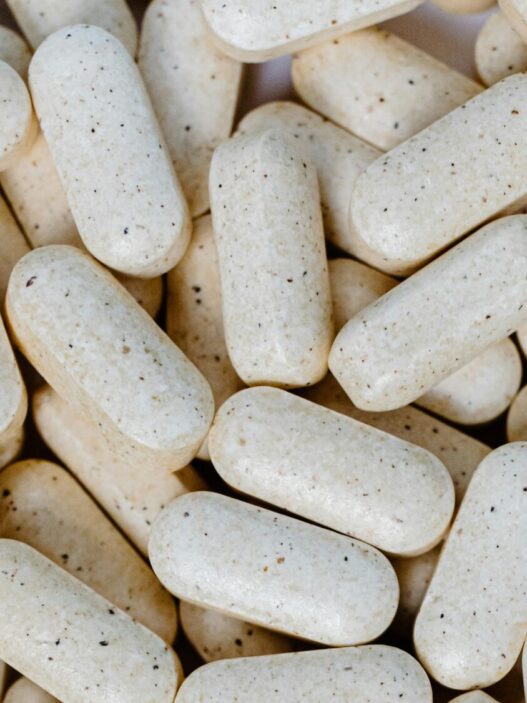Hydrolysed collagen as well as undenatured collagen are key terms that are regularly come up when discussing collagen. This can be off putting for anyone who isn’t that familiar with the scientific side of collagen supplements and collagen production.
So lets demystify it.
First of all, undenatured collagen is essentially collagen in its purest and most complete form – if anything only subjected to low heat. It has not been broken down, added to, or changed or contaminated in any way.
Just always keep in mind to denature something you change its natural characteristics.
Now hydrolysed collagen is the opposite. Its when pure and raw collagen is taken and broken down into peptides which are the key amino acids that your body needs to create collagen.
Undenatured versus hydrolysed collagen
When we compare these two types of we want to bear one thing in mind.
That is that when we consume any type of collagen we want it to be efficiently absorbed by the body.
This is because efficient absorption results in:
- Your body taking in the most it can of the supplement.
- Doing it with the least effort.
- Reducing as much as possible the amount going to wastage.
Undenatured
If we look at undenatured collagen which is pure collagen, even though you will find sources with put it under minimal heat, it’s peptides retain their large molecules.
Your body is then required to break these large peptides down further into smaller key amino acids before it can begin the process of absorbing them into your body.
This makes it inefficient and increases wastage.
Hydrolysed
Hydrolysed collagen supplements however are the opposite.
The collagen has already been broken down into smaller peptides, which are smaller molecules made up of shorter chains of those key amino acids your body needs to create collagen.
All you need to do is take the tablet or powder.
As your body doesn’t need to do this extra step when you take a supplement, this increases efficiency by the following:
- Increase the chances of the maximum potential use of the collagen.
- Reduces wastage as smaller molecules are more easily absorbed through your gut.

